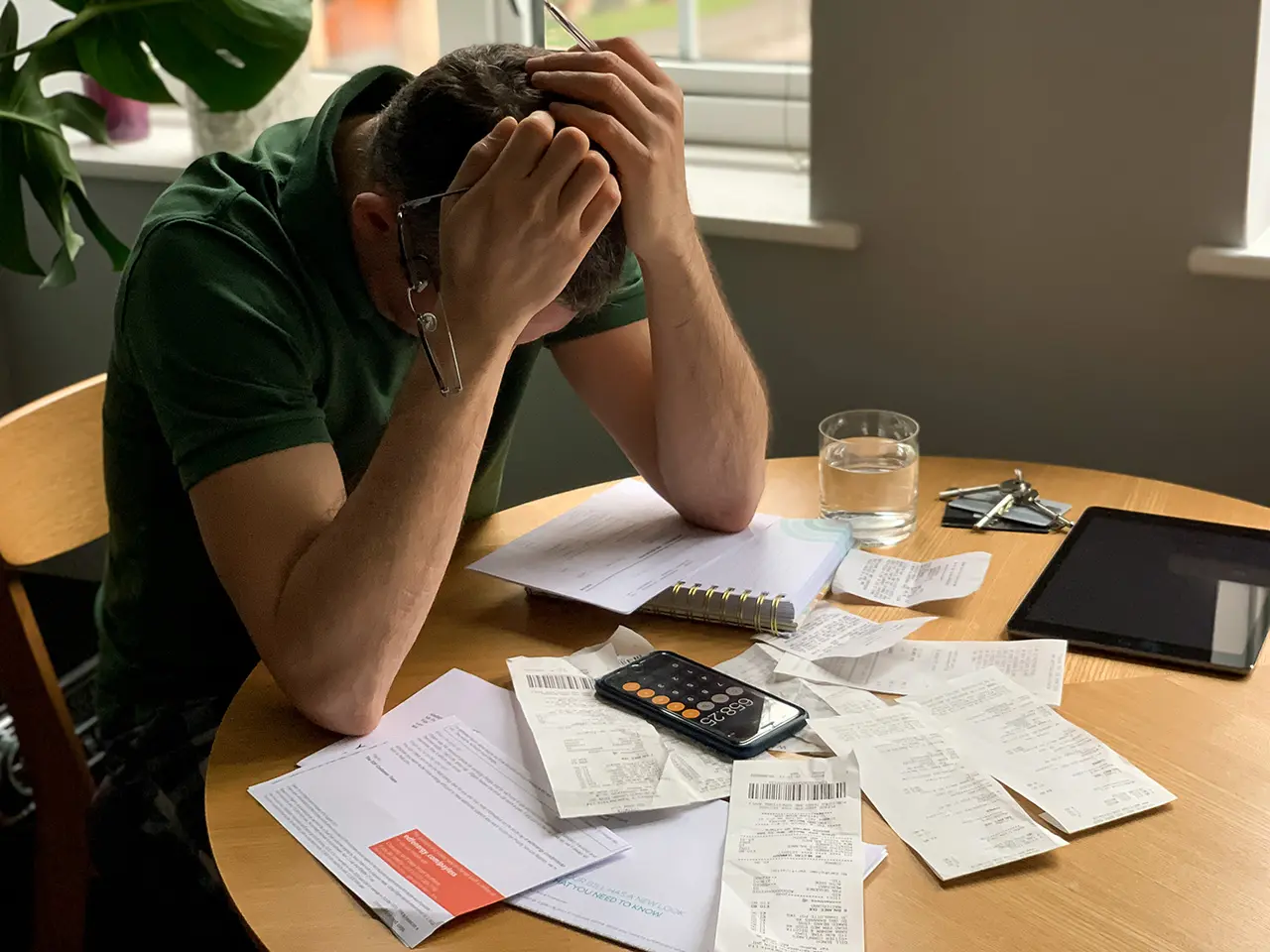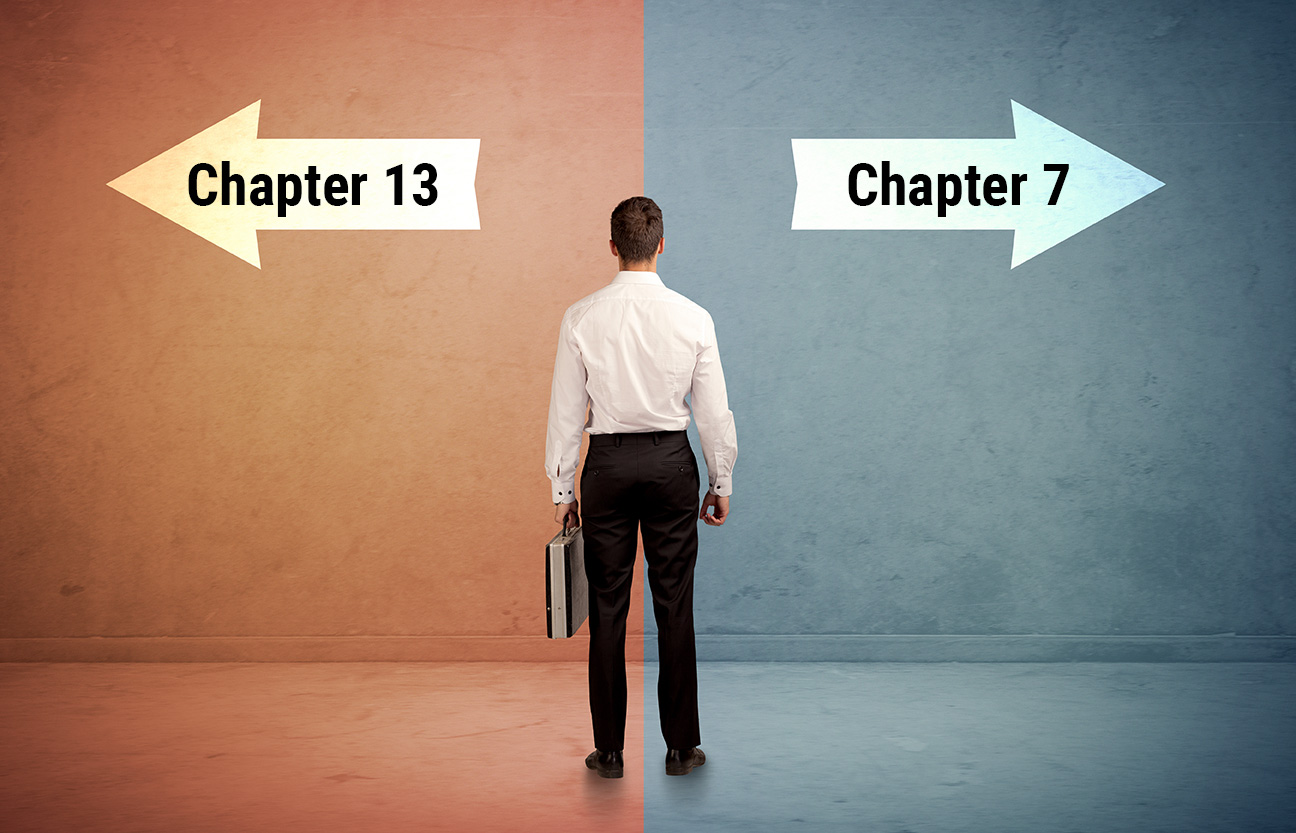Unfortunately, a lot of seniors are not well off. From 2020 to 2021, poverty increased among Americans over the age of 65, from 8.9% to 10.3%. More than 16.5 million Americans in this age bracket are living at or below 200% of the federal poverty level.
Seniors who are not financially well off may not know about their options. Many do not work and may be unable to do so due to medical issues. What can they do to stay afloat?
Bankruptcy is an option, but there are concerns about retirement accounts. Assets are often liquidated in bankruptcy, so does this mean your money in an account would be depleted to pay off your debts?
Not necessarily. There are laws and exemptions that apply to retirement accounts, so it is a good idea to work with a bankruptcy attorney who is familiar with local, state, and federal laws. There also may be consequences for withdrawing your money. For the most part, your retirement accounts should be protected, but this is not always the case. An experienced bankruptcy lawyer can help you understand what’s at risk. Here’s what you need to know.
What is Protected in Bankruptcy?
Retirement accounts that are protected in bankruptcy include:
- Employee Retirement Income Security Act (ERISA)-qualified retirement accounts. These include 401(k), 403(b), profit-sharing, and employer-sponsored deferred compensation plans. These are usually fully protected in bankruptcy without limitation, but contact your plan administrator to be sure.
- IRAs. SEP-IRA, SIMPLE IRA, and most rollover IRAs are protected under the Bankruptcy Abuse Prevention and Consumer Protection Act (BAPCPA).
Which Accounts are Not Protected?
Without a separate cash exemption, money saved in regular savings accounts, investment accounts, stock option plans, or other non-retirement bank or brokerage accounts is generally not protected and may be used to pay your creditors—even if you think of the money as your retirement savings.
How Retirement Income Can Affect Bankruptcy
If you are already collecting retirement benefits, that income may affect your bankruptcy. Here is how:
- Chapter 7. With Chapter 7 bankruptcy, you will have to pass a means test showing that you are unable to repay your debts. The test takes into account income, assets, debts, and expenses, so retirement benefits may be used to repay your creditors.
- Chapter 13. In a Chapter 13 bankruptcy, your income helps to determine how your debts will be repaid. Retirement benefits may be considered income, which could increase the amount of debt you will have to pay back.
What About Social Security Benefits?
Social Security benefits are considered exempt, but only if you keep them separate from the rest of your money. This means you should not deposit your Social Security payments into a checking account that contains other income. Use a separate bank account.
Contact Us Today
If you are struggling financially, you may not consider bankruptcy because you are worried about what will happen to your retirement accounts. While retirement accounts are usually protected in bankruptcy, you should contact a lawyer to help understand the rules that apply.
The Law Offices of Adam M. Freiman can represent you and help you deal with any legal issues that may arise. Schedule a consultation by calling (410) 486-3500 or filling out the online form.







